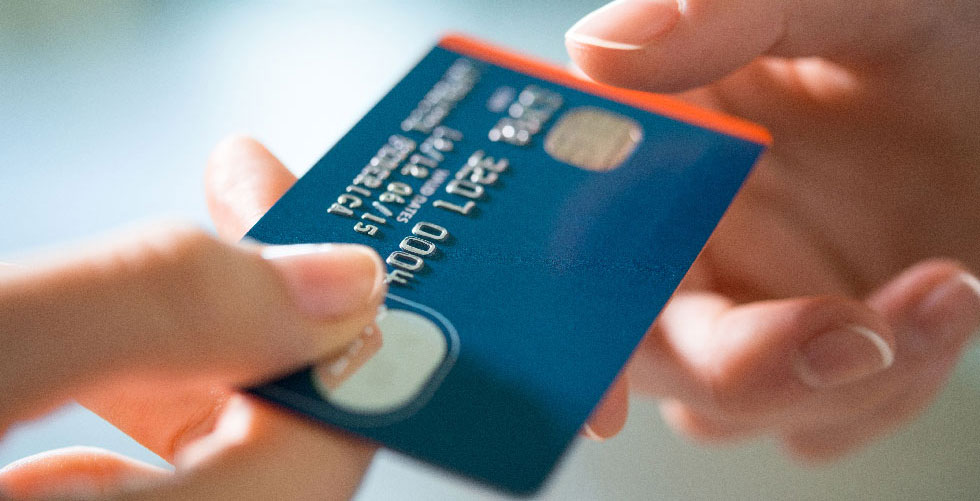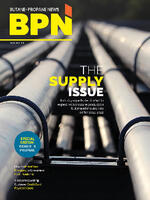
Understanding the rates and fees that impact your bottom line can help you make more informed decisions when choosing a credit card processor, and you don’t even have to become an expert in processing fees. If you’re accepting credit cards, you probably want to know how to get the best deal. But in this industry, nothing is simple, and trying to wade through different fees, interchange rates and charges can feel overwhelming.
Before getting into the special rates for propane dealers, let’s discuss different fees associated with accepting credit cards — the negotiable and non-negotiable fees you pay. These fees are broken into three categories: interchange, dues and assessments and processor’s markup/rate.
Interchange
This is nonnegotiable. Interchange accounts for the largest portion of your credit card processing expense, and it’s paid to card-issuing banks. Believe it or not, your processor and the card brands see no revenue whatsoever from interchange.
Interchange fees can amount to 75% to 90% of your processing expense. That being said, the propane industry poses a unique challenge when it comes to accepting credit cards. This is because Visa and MasterCard do not agree on your classification — more on this later.
Dues & Assessments
This is nonnegotiable. Dues and assessments go to the card brands (e.g., Visa, MasterCard, American Express and Discover). This amounts to roughly 0.14% of the total expense.
Processor’s Markup/Rate
This is negotiable. The processor’s markup over interchange and assessments is the only area where you have the ability to negotiate credit card processing fees. Keep in mind that many factors contribute to a processor’s overall markup, so not everything will be negotiable.
Negotiate Lower Credit Card Processing Fees
To reduce your fees, insist on a cost-plus merchant account. Not only will this make it very easy for you to move your company from one processor to another, but interchange plus is the least expensive, most transparent form of credit card processing pricing.
This separation of costs keeps the processor’s markup the same regardless of the type of card you accept or how you process it. There are no qualified, mid-qualified or nonqualified rates with interchange plus.
The processor earns a fixed percentage regardless of the interchange rate for a particular card type. For example, you may see an interchange plus quote of 0.25% (25 basis points). No fancy tiers, no qualification at the processor level — just one rate that gets added to actual cost (interchange plus assessments).
Tiered or Flat-Rate Pricing
This is the most expensive type of pricing. You may see advertisements of a flat rate of 2.5% or 2.75%. This rate model charges you one flat rate regardless of the type of card you accept. You may be thinking, “I only accept Visa and MasterCard.” That is fine, but remember that there is a different interchange rate for each card type, i.e., consumer, check cards, rewards cards, debit cards, commercial cards, business cards, etc. Interchange for these cards vary from 0.05% to 2.75%.
When you have a flat rate, you end up paying 2.70% (or 270 basis points) more than you should for certain cards. Tiered rate is similar, but here you have a qualified, mid-qualified and nonqualified rate — not the best option if you want to pay the least amount in fees. Processors choose what cards clear at qualified, mid-qualified and nonqualified. This makes it impossible to accurately compare one credit card processor to another. Any of these rate structures prevent your company from receiving the preferred interchange rates for your industry.
Special Interchange Rates for Propane
Visa considers you an emerging market — or merchant category code (MCC) 5983 — Fuel Dealer. As this issue goes to the press, interchange rates for emerging markets are 1.43% + $0.05. Rates can fluctuate slightly depending on the type of credit card. MasterCard considers your industry a Utility (MCC 4900). Utility interchange rates are 0.00% + $0.45 to 0.00% + $0.75, depending on the card type (i.e., consumer, rewards, etc.).
Swiped, Keyed & Internet Transactions Qualify for These Rates
The problem: You can typically only have one MCC that describes your business. What this means for propane dealers is, most processors will review your processing volume and card types to determine if more Visa cards or MasterCards are accepted. If they accept more Visa cards, they set up a merchant account for the emerging market. However, all MasterCard transactions clear at the keyed rates.
If more MasterCards are accepted, a Utility account is set up, and all Visa cards clear at the higher keyed-in rate. Only one card type will receive the preferred rate; and the other card type will clear at the higher keyed-in interchange rate. Some processors will set up two merchant accounts — one for Visa and one for MasterCard.
This can be confusing for employees, as all Visa cards process through one account, while all MasterCards process through a different account. This also creates double monthly payment card industry and gateway fees.
The solution? Work with a gateway/processor or industry-specific software company that supports dual MCCs. This allows you to receive the preferred rates for your industry without needing two merchant accounts or incurring the additional monthly fees so many other businesses experience. You should consult with your current processor or software company to see if you are set up this way and whether they can support it. You will need to ask for MCC 4900 for MasterCard and MCC 5983 for Visa.
This, along with a cost-plus merchant account, will ensure each transaction you process clears at the lowest possible interchange rate. As a distributor, if your company accepts credit cards from other businesses, make sure to provide level three payment details with all of your commercial and business-to-business transactions. This can lower the interchange cost of accepting credit cards by 30% to 40%.
Transactions above $7,555.14 qualify for special interchange rates when level three details are provided with larger tickets. This lowers your interchange cost by up to 1.5%.


